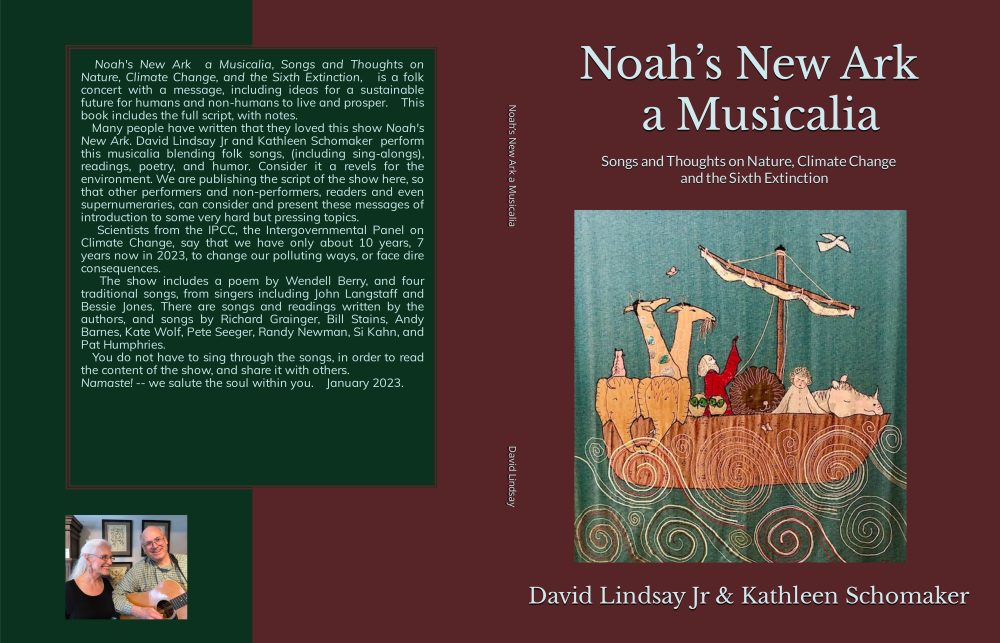“Six years ago, scientists at the nonprofit Environmental Defense Fund were wrapping up a major research project to measure methane leaks from oil and gas sites across Texas. Everywhere they looked — using planes, drones, ground measurements and even handheld devices — they found that gas was leaking at a far faster clip than the companies had disclosed.
What if that was happening around the world?
The scientists knew there was only one way to understand the bigger picture: Build a satellite to track methane at a global scale, something the group had never done before. As far as they could tell, no nonprofit had — only governments or private ventures.
“Everybody thought it was crazy,” said Steven Hamburg, the E.D.F.’s chief scientist, who led the project. “I thought it was crazy, to be honest.”
Over the following months, E.D.F. assembled a team of about 70 scientists and engineers from academia, commercial aerospace and defense industries. And it raised about $88 million from philanthropic donors, a shoestring budget given the scope of the project.
The satellite was launched into space Monday on a Space X transporter rocket.
Methane, a colorless and odorless gas, is the main ingredient in natural gas, which is burned in power plants and factories around the world, as well as in homes (think: gas stoves). Gas is far cleaner to burn than coal, but it has a big problem: It’s notoriously leaky. It seeps from oil and gas drill sites. It escapes from pipelines that carry the gas where it needs to go. And some operators simply release it into the air instead of investing in the infrastructure to capture all of it.
And that’s speeding up climate change.
When methane escapes into the atmosphere, it acts as a heavy blanket in the sky, trapping the sun’s heat and warming the world. And in its first 20 years in the atmosphere, methane captures more than 80 times as much heat as does carbon dioxide, the main greenhouse gas. (Luckily, methane doesn’t stay in the atmosphere for as long as carbon dioxide.)
Scientists estimate that human-caused methane emissions are responsible for up to 30 percent of the global warming being experienced today.
Figuring out where methane emissions are happening, how big they are and who’s responsible has been a challenge. A lot of drill sites are unmanned. Some companies don’t invest enough in leak-detection technology. Or they don’t welcome inspectors taking measurements.
Enter MethaneSAT.” . . . . .






